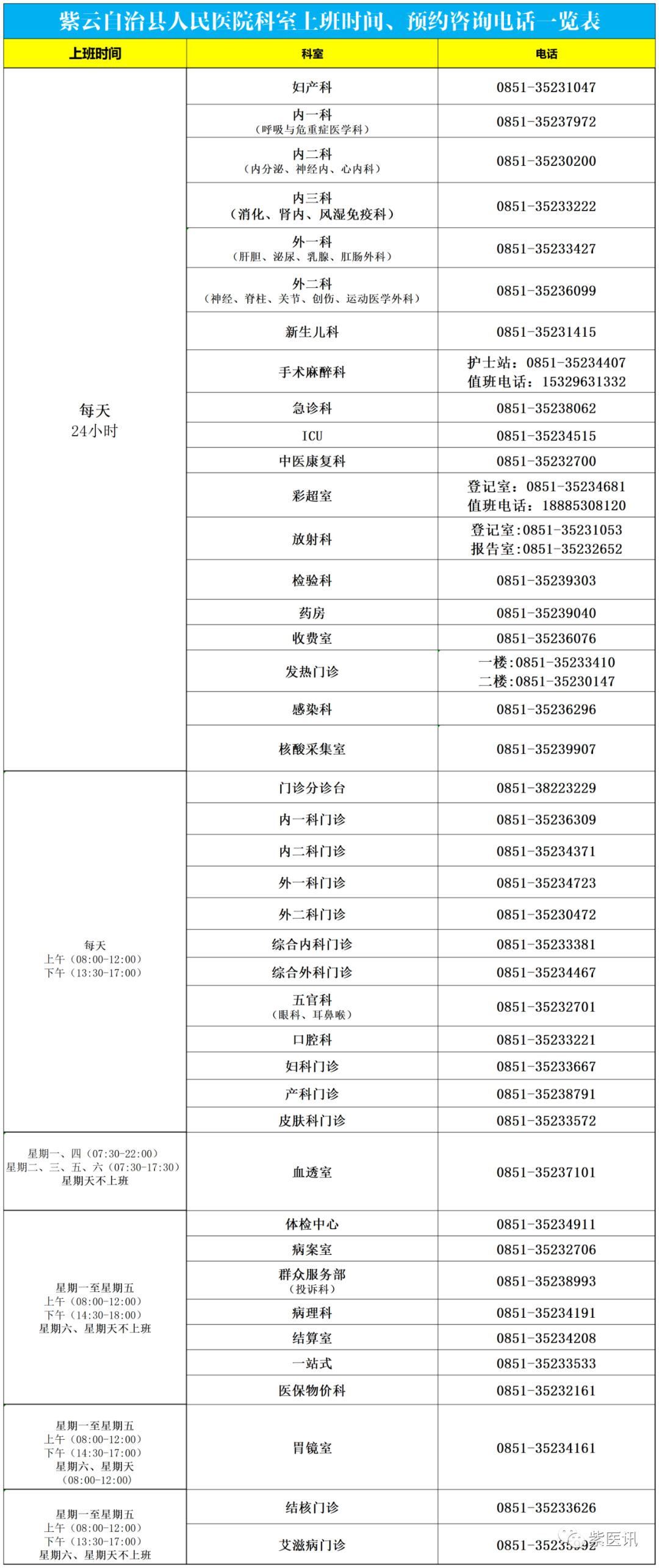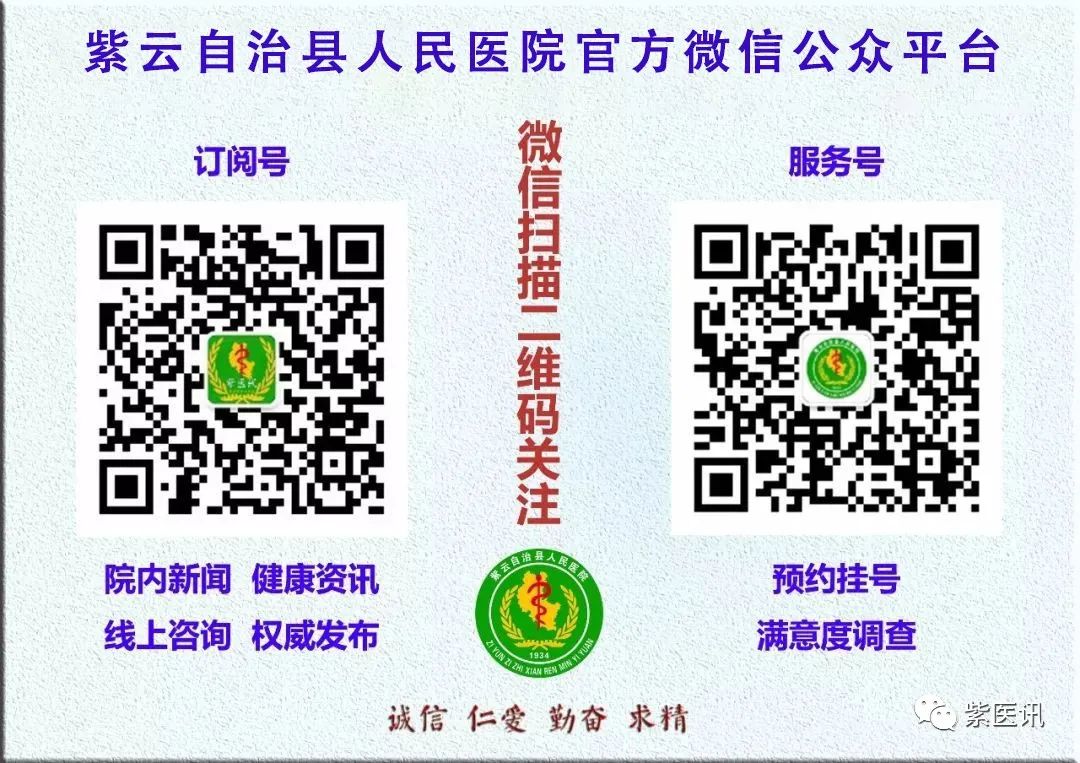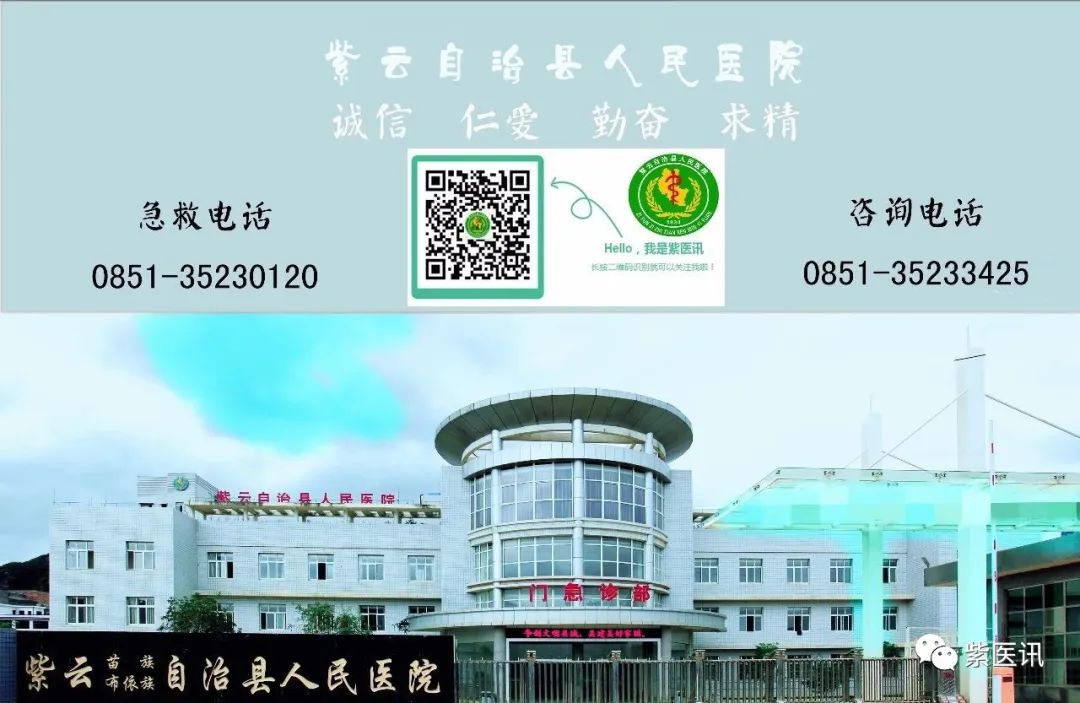In recent years, the concept of health preservation through Traditional Chinese Medicine (TCM) has gradually gained popularity, with more and more people choosing TCM methods to nourish their bodies. So what specific methods does TCM offer for health preservation, and how should we implement them? 1. TCM Health Preservation: The Key is Preventing Disease Before It Occurs
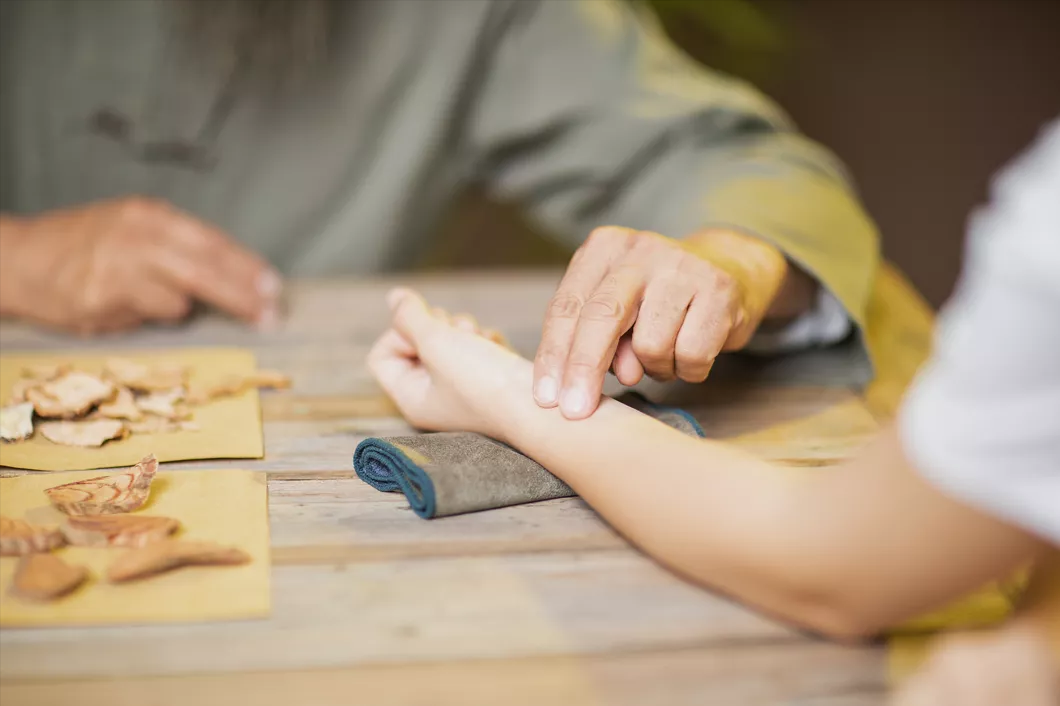
It is said that TCM health preservation is particularly effective, mainly because TCM plays a leading role in preventing disease before it occurs.
“Preventing disease before it occurs” refers to the state of suboptimal health, which is often discussed in modern terms. The famous physician Bian Que from the Spring and Autumn period stated, “The best doctors treat disease before it occurs,” meaning that the top doctors can begin treatment and maintenance before the patient becomes ill, achieving the goal of “preventing disease before it occurs.”
Thus, preventing disease can be understood as regulating the state of suboptimal health and taking preventive measures before diseases occur and develop.
2. Comprehensive Regulation to Reject Suboptimal Health
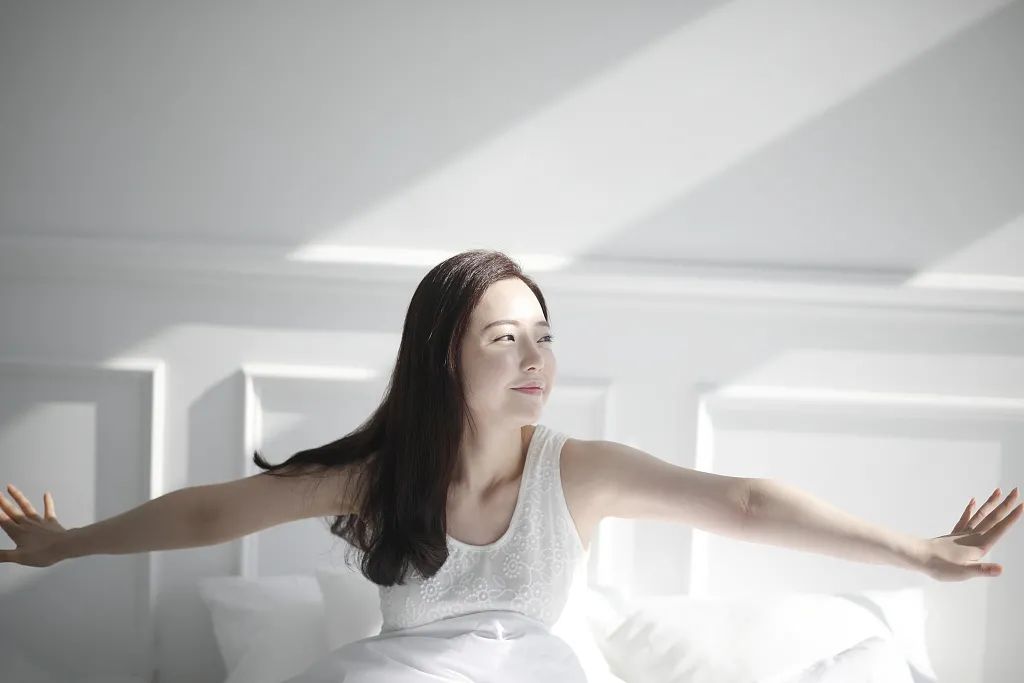
The fundamental concept of TCM is the correspondence between heaven and humanity, thus TCM has an inherent advantage in preventing disease before it occurs. Based on TCM principles, the specific methods for regulating suboptimal health are as follows:
1Daily Routine Regulation
As the ancient saying goes, “Follow the four seasons, and maintain a regular routine,” meaning that each season has different climatic characteristics, and the corresponding daily routine should also vary.
01. Spring:Wake up at 6:30 AM, sleep by 10 PM
In spring, the body’s Yang energy gradually emerges, so it is essential to protect this Yang energy. It is recommended to wake up between 6:30 and 7:00 AM, and bedtime should ideally not exceed 10 PM.
02. Summer:Go to bed late and wake up early
As the saying goes, “Spring gives birth, summer grows,” during summer, the Yang energy in the body is fully developed and very vigorous, so compared to spring, one can wake up a bit earlier and go to bed a little later to allow Yang energy to accumulate.
03. Autumn: Sleep early and wake up early
In autumn, the atmosphere becomes more severe, and cold gradually dominates. To avoid wind and cold, the daily routine in autumn should be earlier than in summer, waking up early and sleeping early.
04. Winter: Wait until sunrise to wake up
Winter is the time for storage; during winter, we need to conserve Yang energy and nourish Yin. Therefore, it is best to wait until sunrise to wake up in winter.
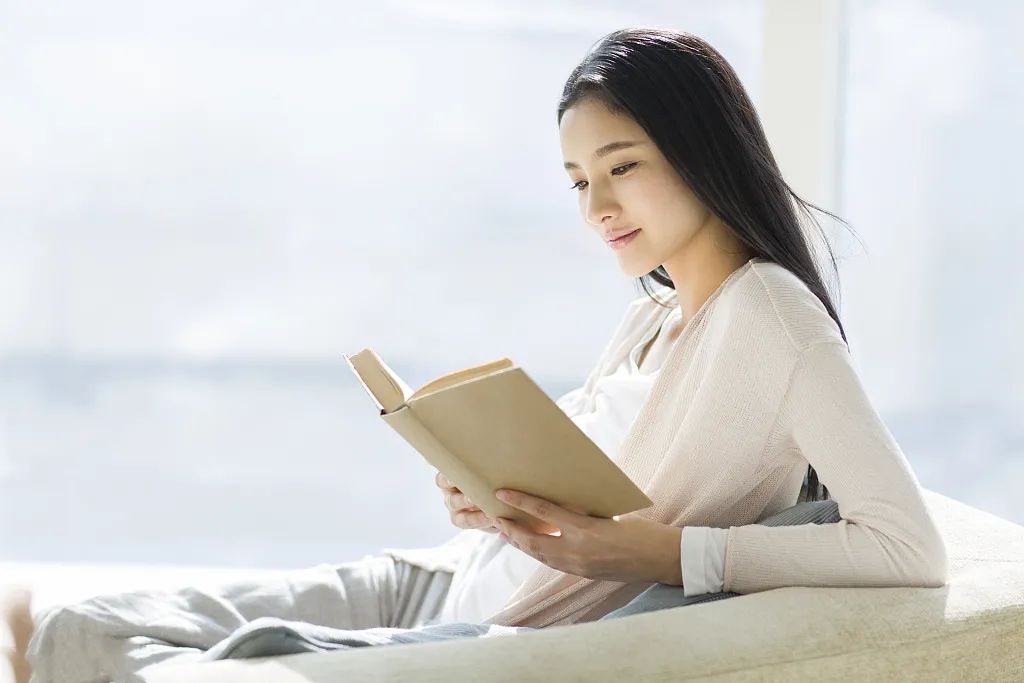
2Emotional Regulation
With the development of the economy, the incidence of chronic depression, anxiety, and other psychological disorders has gradually increased, making emotional regulation extremely important for modern individuals.
From the perspective of TCM, to achieve longevity, one must maintain “smoothness.” This smoothness has two meanings: the first is that the gastrointestinal tract must be unobstructed, meaning normal appetite and smooth excretion; the second is that emotions must remain stable and peaceful, filled with joy, to achieve the goal of longevity.
TCM also states, “The seven emotions can cause internal injury.” The seven emotions can both cause and treat diseases. Poor mood, frequent depression, irritability, and significant emotional fluctuations can adversely affect the circulation of Qi and blood in the body, negatively impacting health; while a peaceful mindset can nourish the organs and has good health-preserving effects.
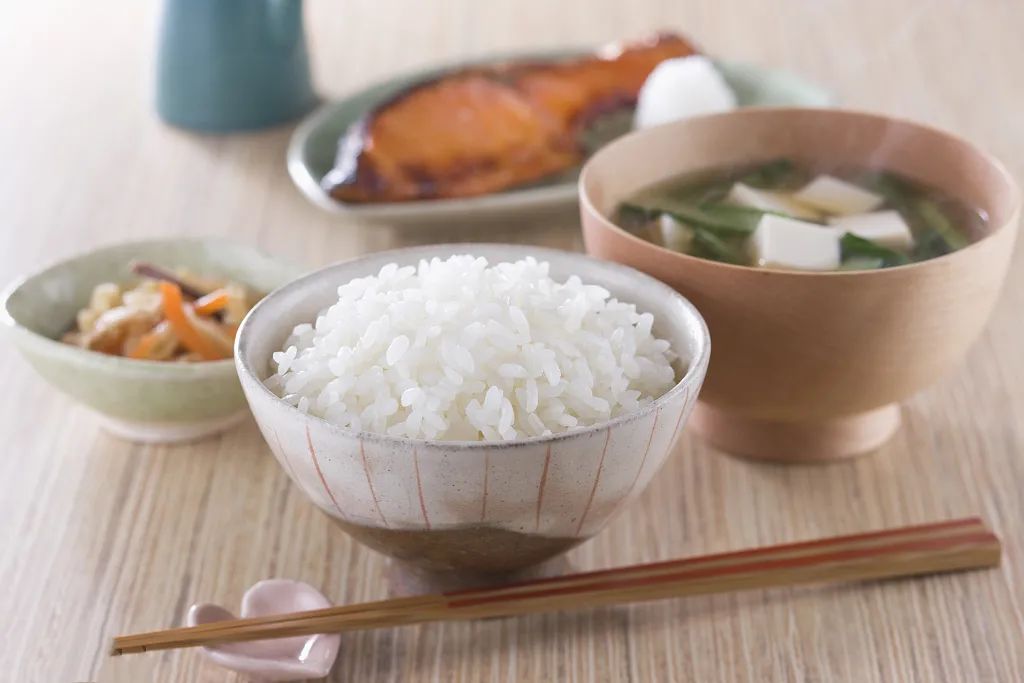
3Dietary Regulation
In TCM, it is said that food and medicine share the same source, and many daily foods can significantly improve suboptimal health.
Dietary regulation should be adjusted according to individual constitution and seasonal changes, as the focus of dietary regulation varies with the seasons.
01. Spring
In spring, liver fire is relatively strong, and people are more prone to anger. It is suitable to consume foods like black fungus, yam, mulberries, and codonopsis to reduce liver fire while nourishing the liver and Yin.
02. Summer
In summer, heart fire is strong, and it is necessary to eat foods that nourish the heart and reduce heart fire.
Moreover, during hot summer weather, people tend to overeat cold foods, which can damage the spleen Yang, leading to symptoms like diarrhea and chills. Therefore, another focus of summer dietary regulation is to “nourish Yang,” replenish Yang energy, and dispel cold.
Additionally, due to increased sweating in summer, attention should be paid to replenishing fluids and salt.
03. Autumn
In autumn, Yang energy begins to store, and wind and cold gradually take precedence. At this time, the focus of the diet should be on “conservation,” suitable for consuming sour foods that have astringent effects, while avoiding spicy foods like Sichuan pepper, garlic, and ginger.
Furthermore, autumn is relatively dry, so dietary focus should also be on nourishing Yin and replenishing lung Qi. Foods like tremella, snow pears, and lily bulbs are excellent for moistening dryness and nourishing the lungs, making them very suitable for autumn consumption.
04. Winter
Winter is the time for storage; during winter, it is necessary to appropriately supplement warming foods, such as beef and lamb, to protect internal Yang energy and resist the cold.
Additionally, in winter, it is also essential to nourish Yin and replenish Yin fluids to maintain the balance of Yin and Yang. It is recommended to consume more white radish in winter, which helps clear the intestines, regulate Qi, and clear heat and phlegm, providing good effects on the adjustment of the spleen and stomach.
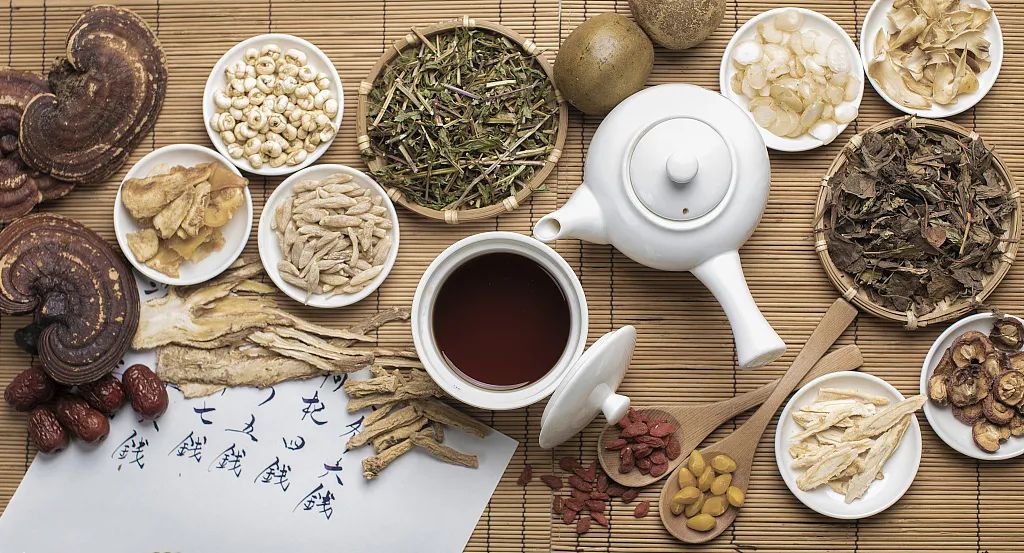
4Herbal Regulation
Utilizing the properties of Chinese herbs can correct imbalances of Yin and Yang, as well as deficiencies and excesses in the body, effectively improving suboptimal health.
However, it is important to note that each person’s constitution is different, and the suitable herbal regulation methods will also vary.
In TCM, human constitution is classified into nine different types, with most people having a mixed constitution, exhibiting characteristics of multiple types, making it difficult to self-assess. Therefore, it is recommended to consult a professional TCM physician for constitution assessment and herbal prescriptions, and not to self-medicate with herbs.
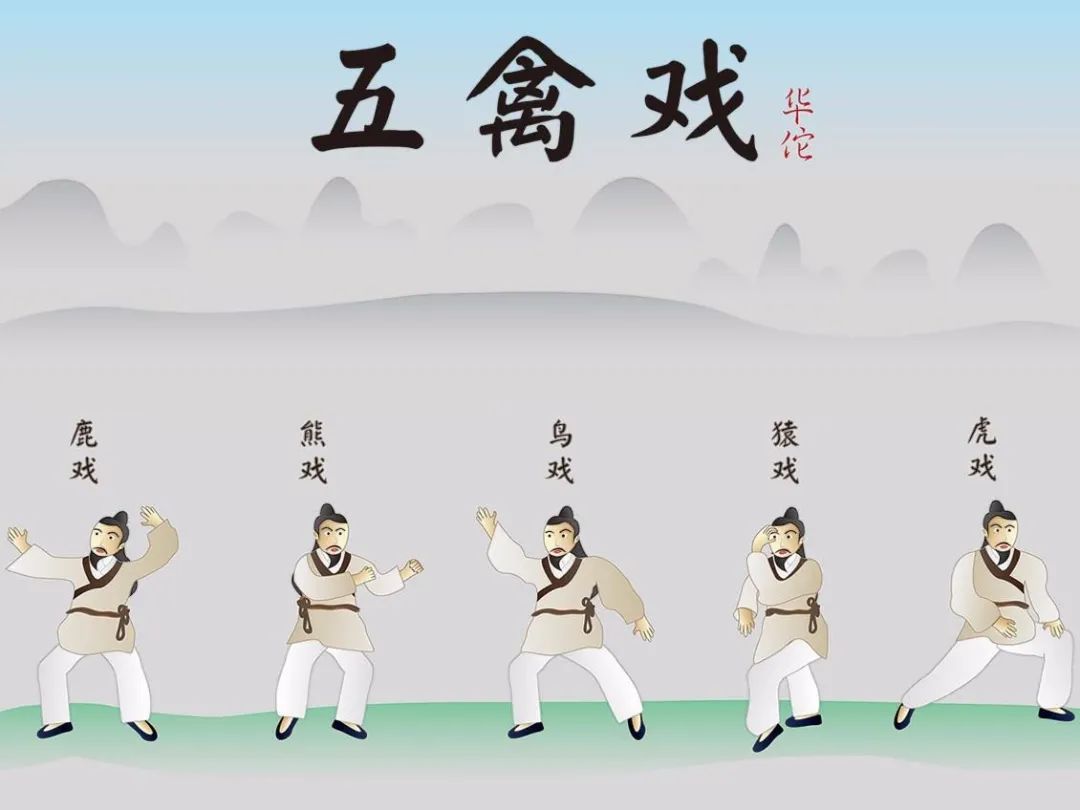
5Exercise Regulation
Exercise regulation in TCM is also known as functional exercise, with methods such as Wu Qin Xi (Five Animal Frolics), Ba Duan Jin (Eight Pieces of Brocade), and Tai Chi being excellent therapeutic exercises that align well with human physiology, providing benefits without being overly strenuous.
Among them, Wu Qin Xi is a fitness routine created based on the imitation of animal behaviors, with movements that align very well with human physiological states.
Moreover, practicing Wu Qin Xi promotes the functioning of the respiratory and digestive systems, contributing positively to overall health. It is hoped that everyone can take the opportunity to learn it.
3. Meridian Tapping Exercises for Health Preservation and Disease Prevention
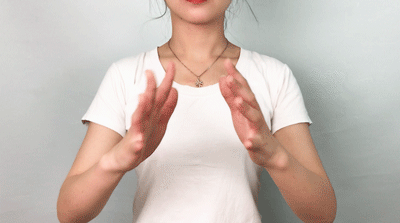
1Palms Clapping
Clap your palms together like you usually do, about a hundred times. After a hundred claps, you can rub your palms together to promote the circulation of Qi and blood.
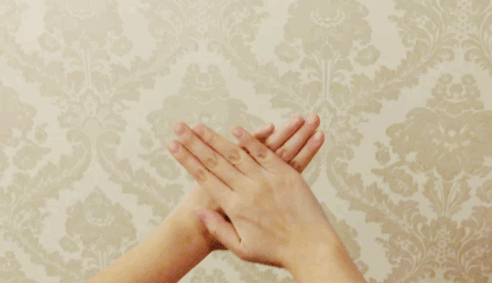
2Clapping the Back of the Hands
Clap the back of each hand about a hundred times.
By tapping the back of the hands, discomfort in the cervical and lumbar spine can be alleviated, contributing to spinal health.
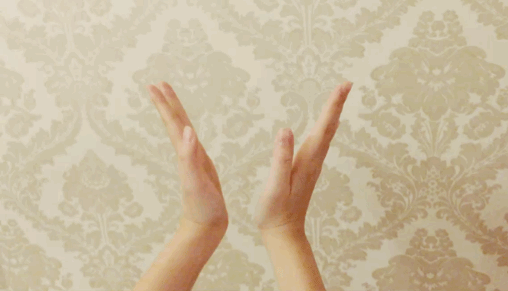
3Clapping the Palms Together
Clap the palms together a hundred times.
The principle of simplicity is the essence of the universe’s development, the quintessence of Chinese culture, and the philosophy of Daoism. The so-called “true transmission is a single sentence, while false transmission is a thousand volumes of books.” The essence of simplicity is emphasized not only by Daoism but also by Confucianism and is a profound truth that can be expressed in simple terms.
In this state of simplicity, one does not seek to achieve great skills, and the power naturally increases; one does not seek to treat diseases, and the body and mind naturally adjust; one does not seek functions, and the functions naturally manifest; one does not seek to open the microcosm, and the meridians naturally flow. The deepest truths are often the simplest and most ordinary. Transforming the most complex into the simplest is the highest wisdom.
To live simply is to understand the essence of life. When one reaches a certain level of cultivation, they will become indifferent to many things and live simply. You can understand others, but others may not understand you. In fact, understanding is not as important as recognition.
Being refined in heart and simple in form is the ultimate question of the soul. Simplicity is not only a beauty but also a capability and a state of being. Seeing through things without revealing them is a high state; seeing vaguely is clarity; clarity without clarity, knowing the unknown, intentionally not seeing through is true clarity. Knowing that worldly matters cannot be fully understood is clarity; the clarity after confusion and understanding after ignorance is a rare state of being.
“Simplicity is the ultimate principle” is the wisdom of living. To simplify complex matters requires wisdom. Returning complexity to simplicity requires wisdom, ability, and determination. Wise people appreciate simplicity, thus they do not chase after fame and profit; they are not burdened by reputation and wealth. Being indifferent clarifies one’s aspirations, and tranquility leads to far-reaching goals. We should live simply and work diligently, using wisdom to simplify the difficult.
To cast aside fame and fortune, to be pure like a child’s innocence, to be simple like the fertile land cultivated by our ancestors, only those with a calm heart can see the leisurely scenes of “the setting sun shining on the village, the cattle and sheep returning home” and hear the heavenly sounds of “the lotus breeze sending autumn air, the bamboo dew dripping clear sounds.” Tao Yuanming was such a person, which is why he could compose the famous line, “Picking chrysanthemums by the eastern fence, I leisurely see the southern mountain.” Ouyang Xiu was also such a person, which is why he could write the “Record of the Drunken Old Man’s Pavilion” with ease even while in exile.
Simplicity is the ultimate principle, and life is also simple. Simplicity is not material poverty but spiritual freedom; simplicity is not life’s emptiness but the purity of the heart. The highest principles are often the simplest. One must learn to live simply, act simply, and let go of selfish thoughts, transcending the confines of personal desires, and truly forget one’s thoughts and consciousness, entering a state of selflessness.
Life’s complexity arises from confusion; resisting temptation with “benevolence” and resolving confusion with “wisdom” is the mark of moving from complexity to simplicity. Clarity is the sign of a life transitioning from complexity to simplicity. With a vast river, I only take a ladle to drink; in the myriad forms of life, one must remain true to oneself. Finding joy in forgetting worries, simplicity in preserving truth is the essence of life’s “ultimate principle of simplicity.”
There is a story about the ultimate principle of simplicity and a peaceful heart: a traveler asked an old Daoist, “What did you do before enlightenment?” The old Daoist replied, “Chopping wood, carrying water, and cooking.” The traveler asked, “And after enlightenment?” The old Daoist replied, “Chopping wood, carrying water, and cooking.” The dialogue between the old Daoist and the traveler enlightens us that many profound truths are contained in extremely simple thoughts.
Simplicity in life is easy. A thousand people have a thousand ways of living and paths to walk. After traversing time and life, one has many feelings; let go of everything, and be at ease. Let go in the present moment, and be at ease; many problems in life do not need to be held in the heart, and many burdens do not need to be shouldered. Only by letting go can one feel the joy of simple living and the exhilaration of a soaring spirit. To change certain things, one must first find oneself. We all have latent energy, easily covered by habits, obscured by time, and worn down by inertia. We should remember what needs to be remembered, forget what needs to be forgotten, change what can be changed, and accept what cannot be changed. We should face the past with the least regret, the present with the least waste, and the future with the most dreams.
The way of heaven and earth is simple and easy. Life is short; do not complicate everything. Simple living is the essence of life. Once the grand play of life begins, regardless of how nervous you are, you must perform until the end. The greatest challenge in the process of growth is that some paths can only be walked in silence. Happy work and simple living are the keys to a happy life. One must understand that contentment brings joy; all sorrow and pain, all things that cannot be abandoned, are merely transitions in life. Once you leap over them, you can become more splendid.
The best life is a simple life: a cup of tea, a table, a serene place, plain days, and a mind free of distractions. However, a simple life requires tremendous effort to enjoy life without worries. Overall, life is perfect; the imperfection lies in the mindset. Those who do not know how to appreciate will turn everything into flaws through criticism. Live simply, act naturally, grasp the balance, and accept reality calmly; do not create trouble, do not fear trouble, do not regret, do not complain, and do not begrudge what you have done.
Life is a long struggle; some people smile at the beginning, while others win in the end. Try to smile, try to look back, relax yourself, do not force, do not be dejected, do not be restless. Live simply, follow your heart, follow your nature, and be the best version of yourself. Be content, smile, and remain calm; even if it is bitter and tiring, as long as you persist, your own scenery will eventually appear.
Life is not easy; it depends on how you live. Circumstances depend on mindset; when the mindset changes, the circumstances will also change. The more you demand from life, the more tense and complex you will become, making life harder. Conversely, the less you demand from life, the easier it is to be satisfied and happy. The mountains and the bright moon have no permanent owner; when you are free, you are the master. The ultimate principle of simplicity is to live in the present; being content brings lasting joy.
Entering the tranquil state of no worries, a heart like a bright moon reveals the realm of tranquility; a calm heart naturally exudes grace and ease, holding the heart like water and smiling at life, showcasing the charm of a tranquil heart. In life, simplicity is the truest, silence is the most beautiful; the most enduring in life is not splendor but simplicity, not noise but quiet joy. Maintain a childlike heart; when unhappy, speak freely to friends about your troubles; when happy, laugh heartily without restraint. Perhaps all worries will flow away in the sharing, and all tension will be released in laughter.
There is always a story in life that one wants to tell but finds it hard to start, gradually composing a melody in the heart. People are like this; what they cannot obtain, they will always yearn for, and what they have lost will be felt as precious. The so-called gains and losses, emotions and relationships, scenery and waystations, all fade slowly in the dust of time. Although letting go of some things is difficult, what does not belong to you will eventually drift away.
In a person’s life, many experiences are destined to be encountered. On the road of the mundane world, there are bright laughs, tears of grievance, naive persistence, confident successes, and awakening failures; every experience is precious. The richness of life comes from the compassion of the heart, and the beauty of life comes from having a peaceful heart. Simple living brings ease and joy, and simple thoughts bring peace and tranquility. Because of simplicity, one can deeply understand the lightness of life; because of simplicity, one can perceive the tranquility of the heart.
This action is beneficial for alleviating symptoms such as kidney deficiency and frequent nighttime urination, contributing to the health of the urinary and reproductive systems.
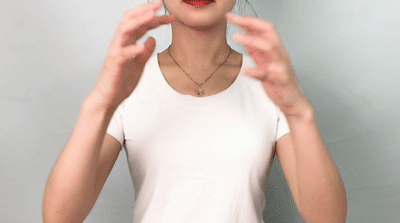
4Interlocking Fingers
The fingertips represent the body’s joints such as shoulders, elbows, wrists, hips, knees, and ankles. Clapping the ten fingers together has a good regulatory effect on arthritis and other joint discomfort symptoms.
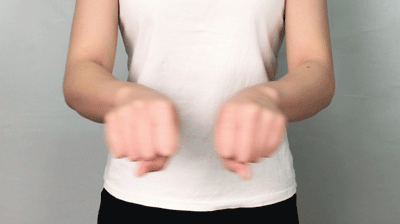
5Clapping the Tiger’s Mouth
Clap the tiger’s mouth on both sides a hundred times.
The left tiger’s mouth represents the spleen, while the right represents the liver. Clapping the tiger’s mouth has a good regulatory effect on symptoms such as liver Qi stagnation and spleen deficiency, as well as irritability.

Communications Department of TCM
Layout by Wu Hai’an
Reviewed by Luo Kaiji
Audit by Wu Yingqiong
Final Review by Shi Xianhui
Publicity and Education Department
